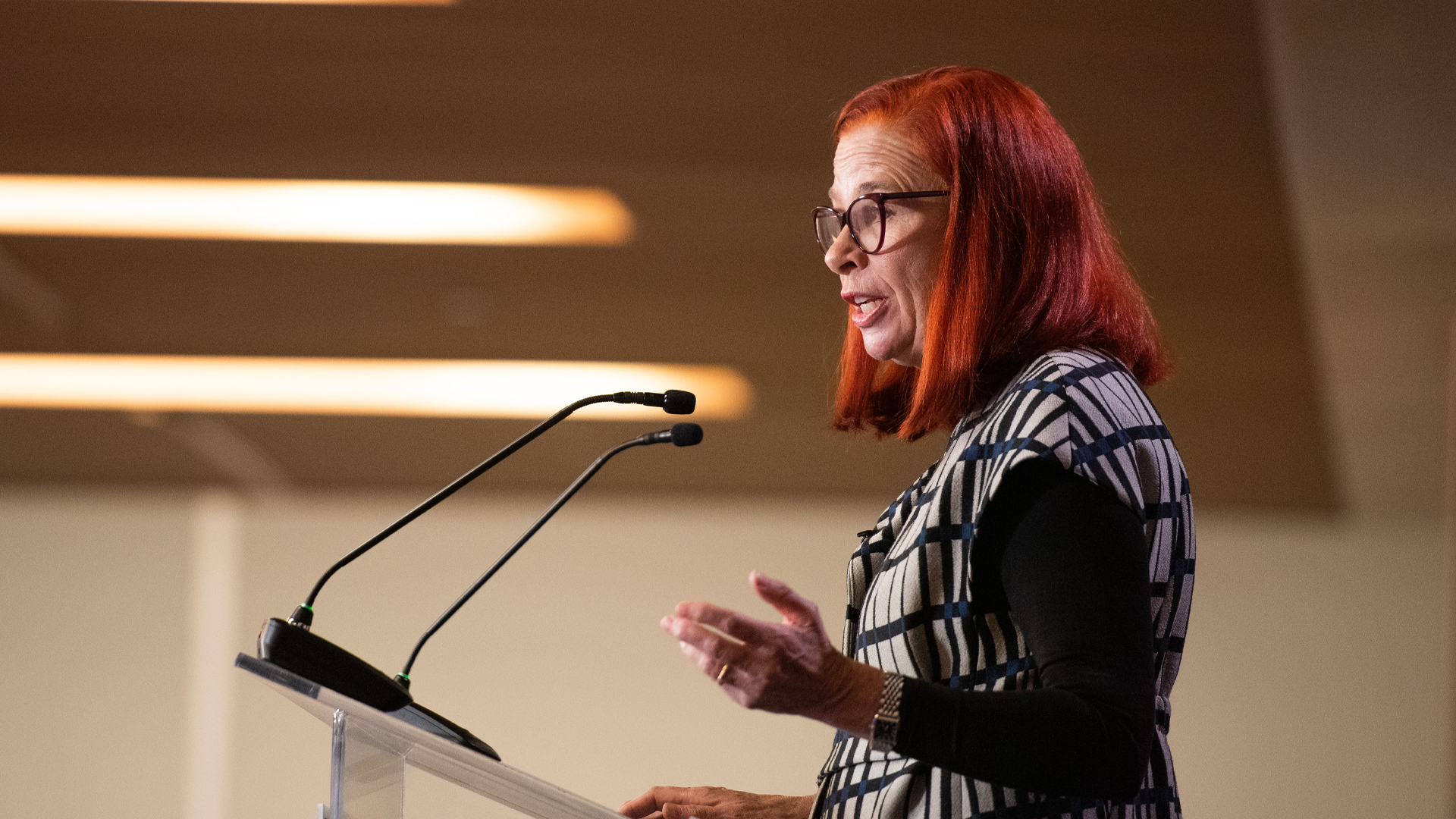
“There is a lot of CBC bashing going on, somewhat stoked by the leader of the Opposition (Pierre Poilievre),” Catherine Tait, president of the CBC, told the Globe and Mail in a recent interview.
Poilievre immediately went on the attack, accusing her and the CBC of being partisan and even hostile to points of view that do not conform with Trudeau Liberalism.
But there is a larger issue here.
Ms. Tait has demonstrated a failure to understand the appropriate role of a Crown corporation president. She seems unaware of the division of labour between the political and administrative arms of government.
Created through standalone legislation or acts of incorporation, Crown corporations such as the CBC are longstanding features of the Canadian public administration architecture. They are usually headed by a president – equivalent in rank to a deputy minister of a department — and are appointed by the government.
Crown corporations operate at “arm’s length” from the government. This means the president has more independence than a deputy minister does. Nevertheless, there are some basic conventions that govern the relationship between Crown corporations and the elected government. The relationship boils down to this: the president runs the day-to-day operations of the corporation without interference from the responsible minister while the minister is ultimately accountable to Parliament and more generally to the Canadian public for the corporation.
Senior officials, especially deputy ministers and Crown corporation presidents, are supposed to have political acuity. But they are not supposed to engage in any activity or communication regarding their official responsibilities that could be construed as partisan.
It is fair game for the leader of the Opposition to criticize the CBC – and this is by no means the first time in our history that the CBC has come under assault from politicians. When that happens, it is the job of the minister – in this case the minister of Canadian heritage – to respond. The president of the corporation, by contrast, should steer clear of these political squabbles. When speaking publicly, Crown corporation heads should exercise caution and restraint, leaving the politics to the politicians. By accusing Mr. Poilievre of encouraging CBC-bashing, Ms. Tait has taken on the role of the minister. She is out of her lane here.
How should Crown corporation leaders conduct themselves in dealing with an attack on their organization from a member of Parliament?
Mr. Poilievre’s criticisms of Crown corporations have not been reserved solely for the CBC. In fact, his more aggressive invective has been aimed at the Bank of Canada and governor Tiff Macklem.
The leader of the Opposition has labelled Canada’s most important Crown corporation “financially illiterate.” He has accused the bank of being in cahoots with the Trudeau administration in devising a monetary policy which he says is aimed chiefly at supporting the government’s deficit financing. This, according to Mr. Poilievre, is a leading cause of high inflation in Canada. He has promised to fire Mr. Macklem if he becomes prime minister.
How has the governor responded to a frontal assault on the independence and competence of the bank? “We welcome diverse views. We welcome analysis. We welcome criticism of our work and our decisions. We’re doing that ourselves,” Macklem stated last June in response to Mr. Poilievre’s critique. When pushed on the leader of the Opposition’s threat to fire him, Macklem said, “I’m going to leave politics to the politicians.”
The governor stayed in his lane. He showed restraint and even a degree of respect for the office of the leader of the Opposition. He didn’t take the bait.
CBC/Radio-Canada and the upheaval of the media landscape
Online creators left on the outside of Broadcasting Act reforms
The substance and the tenor of Macklem’s remarks are appropriate for a Crown corporation head when responding to a politician’s criticism. Mr. Macklem demonstrated that he understands the division of responsibility between the political and administrative arms of government. He has shown that he knows his role is to stay well-removed from the partisan fray – no matter how fierce or personal the critique.
He acted like the adult in the room. That is the real point here. Some politicians are prone to behave like juveniles from time to time. It is the role of senior public officials – deputy ministers, Crown corporation presidents etc. – to be the adults in the room when the juvenile rears its head.
That is the basic lesson for Ms. Tait in this episode.









